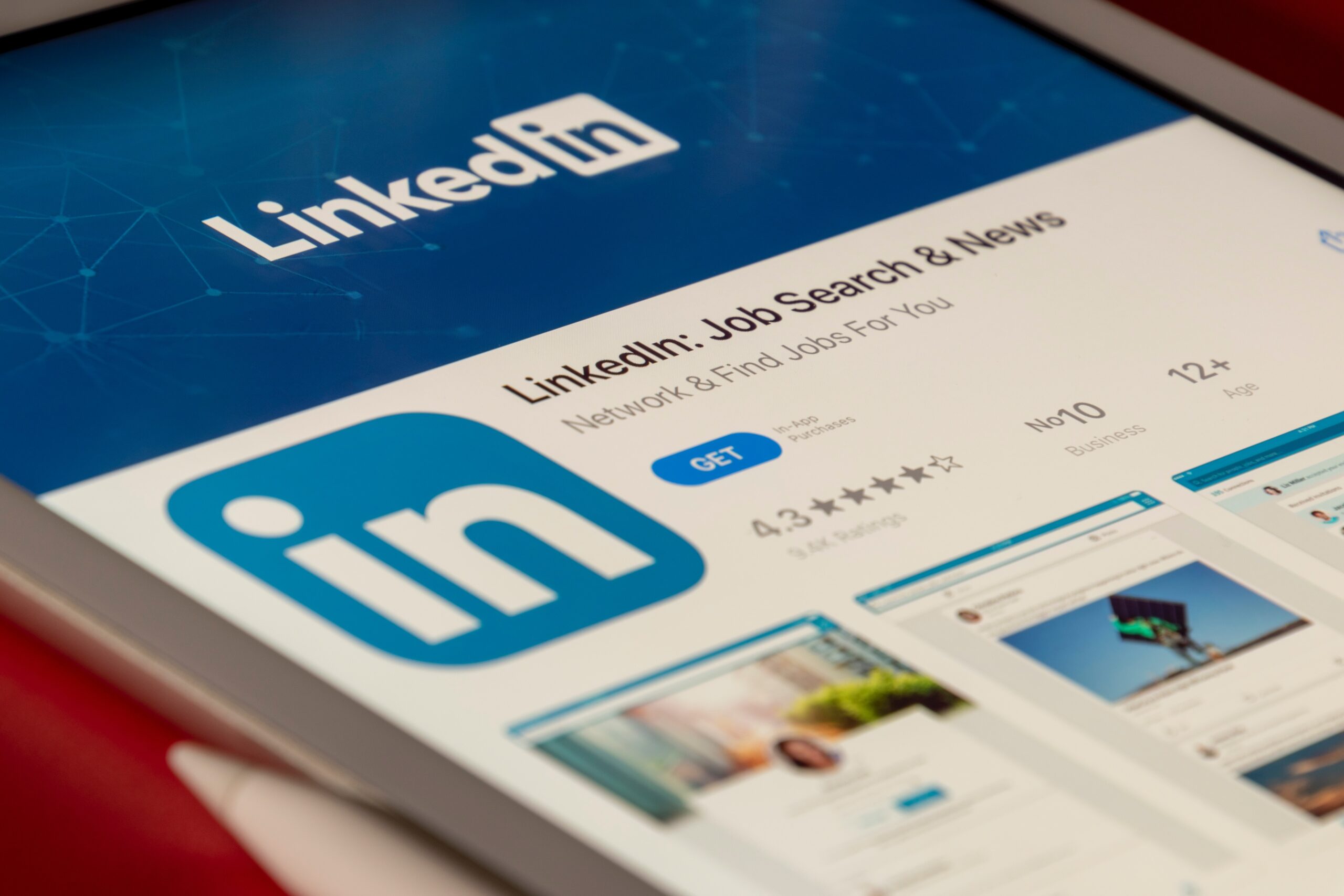Business is human. As the pandemic took hold and many of us were forced to work from home, we lost the casual conversations we used to have with colleagues and coworkers about our “whole selves.” As many of us continue to work from home, we struggle with finding that connection again with new and old colleagues.
So are the days of water cooler chats and learning what’s going on with our coworkers professionally and personally over? Not if LinkedIn is involved.
Recently, The New York Times published an article discussing “How LinkedIn Became a Place to Overshare.”
Since the COVID-19 pandemic began in 2020, users all around the world have started using LinkedIn as a way to bridge the gap between working from home and traditional office culture.
Founded in 2003 as a business and employment-oriented platform, today LinkedIn has become the place to bond with coworkers, share ideas, and connect on both personal and professional issues outside of Slack or Google Chat. But not everyone is happy about this shift – especially those who have used LinkedIn for recruiting purposes or business relationships. The platform’s newsfeed is now crowded with personal posts, leaving users seeking job opportunities or networking pushed aside.
“There is a tension here. On the one hand, we want to support workers’ self-expression and self-disclosure,” Mx. Zheng, who is quoted in The New York Times said. “But, at the same time, they added, workers should feel free to maintain boundaries between their personal and work lives, including on LinkedIn.”
The largest shift beyond a flood of users posting about their day-to-day world and how it relates to their working life, has been an increase in posts relating to high-profile topics including politics, civil rights and often-contentious cultural issues that one would typically shy away from in the context of a job interview.
But what’s LinkedIn’s take on this shift?
In the New York Times article, Daniel Roth, Vice President and Editor-In-Chief of LinkedIn is quoted stating, “LinkedIn is not encouraging, or discouraging, intimate posts. In terms of the personal content, I wouldn’t say that we got too involved there.”
LinkedIn has tested many different format styles over the years to compete with other social networking sites, including a story-style video post format, familiar to fans of Snapchat and Instagram, but the platform sunsetted the feature in August of 2021. This type of format is popular among influencers, which explains why LinkedIn is encouraging influencers, now more than ever, to join the site in the hope that they will post about topics like leadership, according to The New York Times. “The company walks a fine line, as it tries to encourage engagement on the site while protecting the professional context that it says its users expect. Mr. Roth said that posts about skills and work accomplishments — more classic office fare — have seen increased engagement in the past year.”
A topic discussed on LinkedIn that we see more often than not recently is mental health, and how it relates to today’s modern professional work environment.
“Early in the pandemic, we started seeing content we really hadn’t seen before,” Roth said. He also stated that he noticed people posting about mental health, burnout and stress. “These were unusual posts for people where they were being much more vulnerable on LinkedIn,” Roth noted. It wasn’t as if no one had broached those topics on the site before but it was “nothing like the volume” that LinkedIn started seeing in the Spring of 2020, and continued seeing over the next two years.”
What we are now seeing is that LinkedIn, both from a paid and organic perspective, has become less of a B2B platform and instead rather a B2H platform – Business to Human.
LinkedIn has given users a platform to share their voice in a way that didn’t exist before – but at the same time, it’s also opened up the floodgates for people to potentially overshare. Time will tell if this will continue or evolve like the rest of social media does over time.
